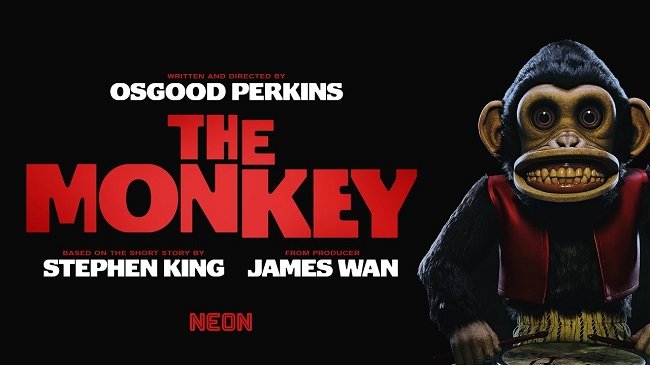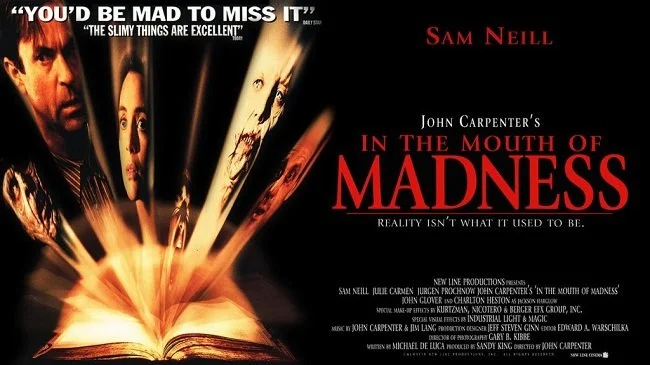Ghost Story (1981)
Ghost Story is a deliberately superficial adaptation of the novel by Peter Straub. If you’ve read the book and are expecting a verbatim retelling of the plot, then you will be disappointed. It’s complex narrative structure and the abundance of characters do not immediately lend themselves to mainstream film making. However, if you like tales of the supernatural and solid performances from Hollywood legends, then this may well be for you. John Irvin has always been a workman like director and has therefore often been overlooked. Films such as Hamburger Hill and When Trumpets Fade show a great deal of focus and a clear understanding of the mechanics of cinema.
Released in the early eighties during the peak of the slasher boom, Ghost Story fell squarely outside that sub-genre and offered the public a more traditional supernatural story. The initial intent was to produce an atmospheric movie built upon performances and suspense. Yet the studio, in their infinite wisdom, felt that there was a need for high profile shocks, so make up effects master Dick Smith was brought onboard to bring the story’s undead antagonist to the screen. Yet despite creating a broad range of ghoulish specters, much of his work never made it to the final edit. What remains is still exemplary and suitably grim, but one gets the sense that punches are being deliberatley pulled.
The plot focuses on the “Chowder Society”, an gentlemen’s club comprising of businessman Ricky Hawthorne, lawyer Sears James, Dr. John Jaffrey, and Mayor Edward Charles Wanderley. The four ageing men regularly meet, dine and swap tales of the sinister and supernatural. When Mayor Wanderley’s eldest son David falls to his death from a luxury apartment, the only clue is an enigmatic woman that he allegedly had a whirlwind romance with. David’s brother Don, soon finds himself in a similar relationship with a beautiful stranger who seems to know not only a lot about him, but the other surviving members of the “Chowder Society”. Don begins to question the woman’s identity and gradually becomes aware of a dark secret that his Father and friends are harbouring.
Ghost story is blessed with an outstanding cast comprising of John Houseman, Douglas Fairbanks Jr, Melvyn Douglas and the great Fred Astaire. They all bring a degree of dignity and gravitas to the proceedings. It is also worth noting that the actors who play the “Chowder Society” in their youth are very well matched. Alice Krige brings a suitably sinister quality to her performance and exudes malevolence. Sadly despite much promise, the screenplay by Lawrence D. Cohen is a little hit and miss in places, as is the editing. One aspect of the plot involving two human familiars in league with the vengeful spirit is never satisfactorily explained. However, as well as strong performances, Ghost Story sports handsome cinematography by Jack Cardiff and a sumptuous score by Philippe Sarde.
The public and critics alike were divided over Ghost Story at the time of its release. Despite good production values and a strong cast, it never really found a suitable market. Younger viewers found the pacing too slow and senior audiences, although attracted by the old stars, were repelled by its “unpleasantness”. Despite its studio heritage it can be argued that Ghost Story is simply a vignette, masquerading as a feature film. Yet irrespective of its flaws, forty five years on the film does now appear to have found a more forgiving fan base. For the horror aficionado Ghost Story has a terrific pedigree as well as an intriguing reputation of being a cinematic throwback, bravely trying to straddle the old and the new.




























